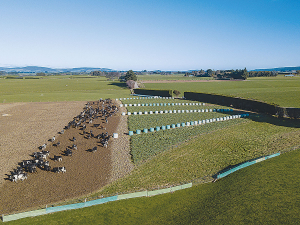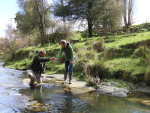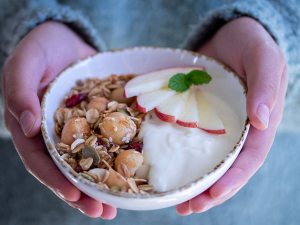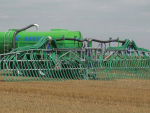A new report released last month, titled Thriving Southland ‘the difference that makes a difference’ highlights the progress the three-year Thriving Southland Change and Innovation Project has achieved so far.
The project aims to provide primary producers with transparent and well-resourced regional leadership, ensure Southland’s primary sector is agile and adaptable to change, and to support Southland’s primary sector is agile and adaptable to change, and to support Southland’s primary production sector to develop and market its regional story.
Thriving Southland commissioned independent organisation, Pragmatica, to capture the learnings from their activities with catchment groups in the report
Thriving Southland project lead Richard Kyte says the report shows catchment groups have been able to respond to localised environmental issues and make informed decisions that reflected their mutual needs and goals.
It also found that the farmer-led model of the project allowed catchment groups to operate at their own pace, with Thriving Southland as a ‘backbone organisation’ to support and facilitate in a hands-off way, enabling groups to lift engagement and deliver the outcomes they are looking for, but not taking them over, Kyte says.
The report claims measuring Thriving Southland’s effectiveness in supporting Catchment Groups to develop better farming practices is challenging when environmental outcomes may not be realised for 10 to 20 years.
“However, across the data and interview feedback there were clear examples of how the help from Thriving Southland has inspired community action and enabled farmers to become active participants in creating a better and exciting farming future,” it says.
The report goes on to say that Thriving Southland supports good farming practice through catchment groups sharing ideas, innovation and good practice with Southland, and giving catchment groups the support to realise their potential for their community.



















